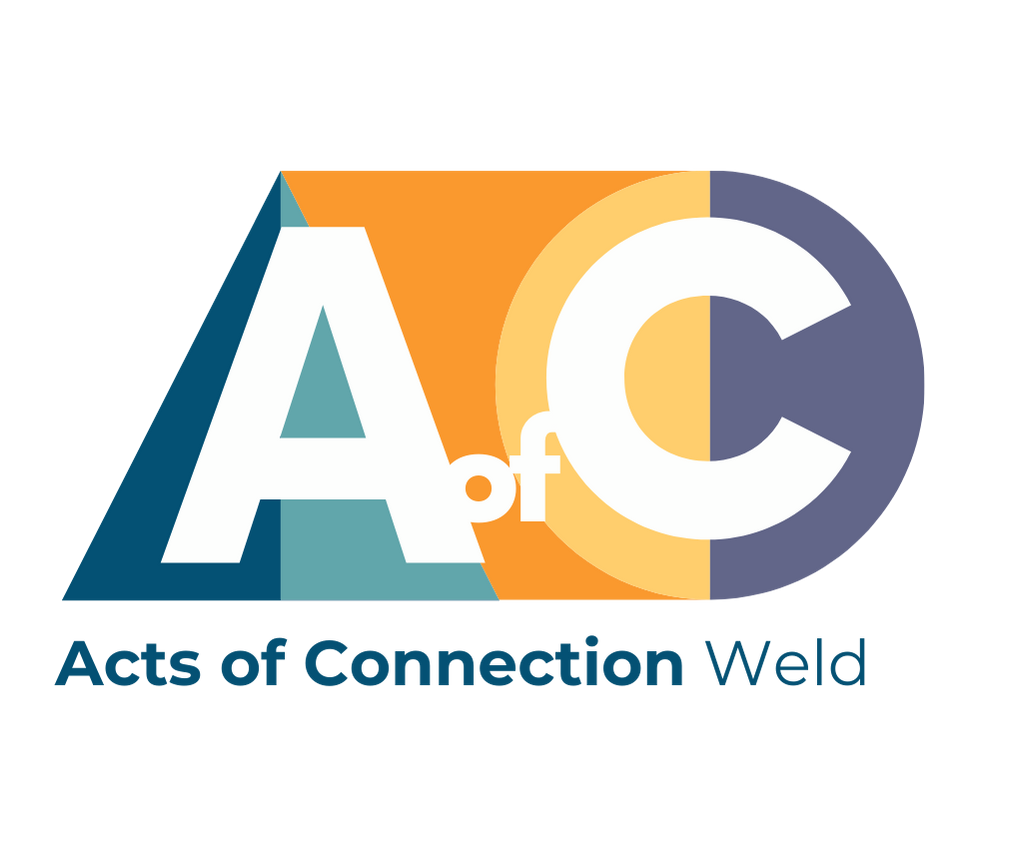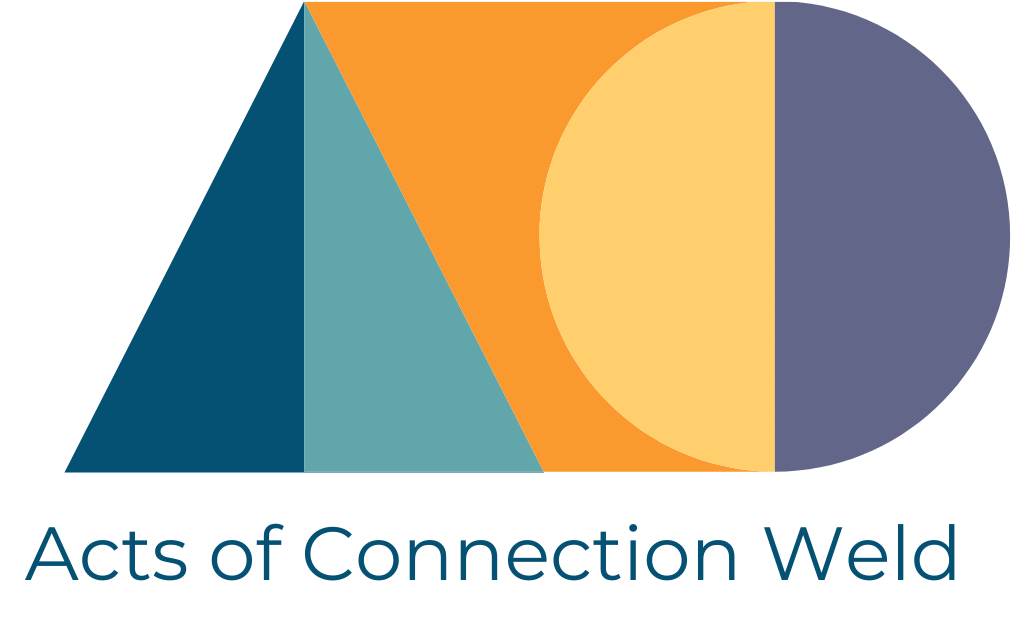Are you feeling lonely?
It is normal to feel lonely from time to time. The important thing to remember is that loneliness does not have to be forever.
- Living alone
- Loss of friends or family
- Chronic health conditions
- Hearing loss
- Mental health challenges
- Life events such as: retirement, job loss or change, or a move to new area
If you’re feeling lonely, there are small manageable changes you can make to connect with others. Like starting anything new, you may be uncomfortable at first, but the more you reach out, the easier it will become, especially when you start feeling the positive benefits of connecting with others.
- Reach out to friends, family members, or neighbors
- Schedule time to connect with others in person, by phone, or online
- Practice self-care and focus on activities you like
- Use positive self-talk and acknowledge good personal qualities and successes
- Find community or support groups online or use social media to connect with like-minded people
- Volunteer for something that interests you
- Get regular exercise and consider joining an exercise group
- If you are able to, consider getting a pet
Sometimes, no matter what we do, we can still feel lonely. If you’ve tried combatting loneliness following some of the suggestions on this webpage, but find that it’s not helping, you’re still feeling lonely, sad, or anxious most days, then it’s time to consult a healthcare professional.
50% of caregivers report feeling socially isolated
While caregiving can be rewarding, it can also bring about increased stress and feelings of being alone, which can lead to burnout and strain. Often, caregivers may slowly or suddenly find themselves taking on the responsibilities of loved ones such as grandparents and young children. As you take care of others, make sure to take time to care for yourself. You can’t pour from an empty cup.
Resources to Cope with Lack of Connection
You should reach out to someone you trust to let them know how you’re feeling and/or talk with a doctor or counselor.
- North Range Behavioral Health: (970) 347-2120 and www.northrange.org
- Sunrise Community Health
- Monfort Family Clinic: (970) 353-9403; 2930 11th Ave., Evans, CO 80620
- Adelante Clinic: (970) 313-0400; 1010 A St., Greeley, CO 80631
- Sunrise North Range Clinic: (970) 350-5313; 1300 N. 17th Ave., Greeley, CO 80631
- Salud Family Health Centers: (970) 484-0999
- Fort Lupton Clinic: 1115 2nd St., Fort Lupton, CO 80621
- Frederick Clinic: 5995 Iris Parkway, Frederick, CO 80504
Click on each way to connect to learn more.
Not sure of things you can do to connect? Click on the cards below to learn more about each activity! Additional information will appear at the bottom of the grid.
When we open up to others, it makes us feel heard and like we are not alone. Call a friend you haven’t spoken with in a while to catch up!
Find local ways to give back to your community by visiting VolunteerMatch. Volunteering gives you the chance to connect with others and the greater good!
Join a 55+ yoga class to feel better through movement and connection.
If you are able, try and get plenty of exercise. Silver Sneakers offers free gym memberships and classes–see if you are eligible today!
Attend Friendly Fork events for a nutritious lunch with social and education opportunities before and after meals. Reservations may be made by calling the Friendly Fork voicemail at (970) 400-6955 or emailing friendlyfork@weld.gov.
Join UC Health’s Aspen Club’s community of support groups, classes, and events to meet new people, learn new things, and get active.
Check out the Weld Aging Well Program which provides innovative workshops and classes that support the health and independence of older adults and their caregivers by giving them tools to better manage their health.
Check out High Plains Library District’s calendar for events and activities, such as book or hobby clubs. This is a great way to kickstart a new interest or reinvest in an old one.
Share your life experience with younger people through the Big & Mini Program. Big & Mini connects older adults with people generally 18 to 25 years old. Matches are made using an algorithm that considers each person’s interests, background, and availability. Participants connect through video calls.
Senior Peer Counselors will help you work through challenges such as retirement, illness, death, changes to physical health, isolation, and more. Peer Counselors are 55 years old or older, offer support at no-cost, and schedule virtual or in-person visits. If you’re struggling or feeling overwhelmed, don’t go through it alone. Get connected with a Senior Peer Counselor today.

